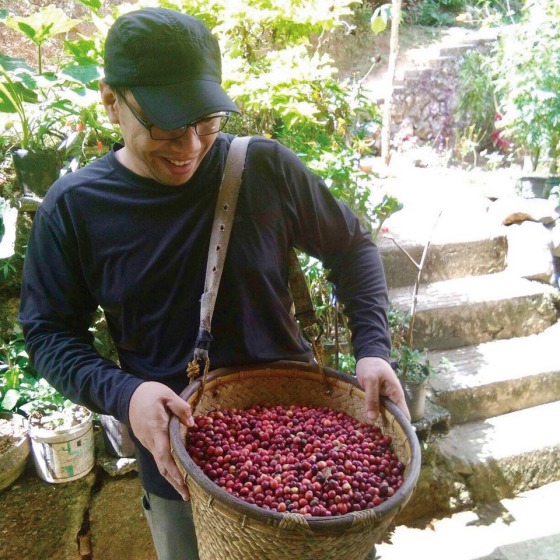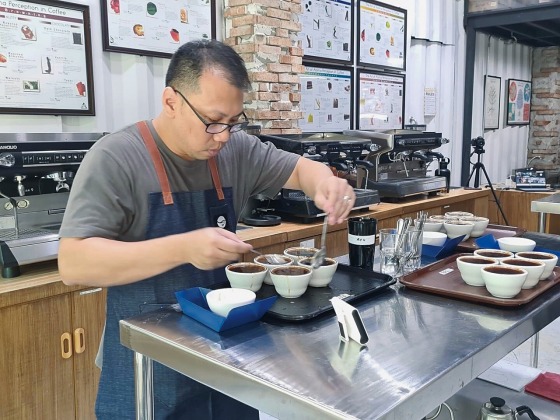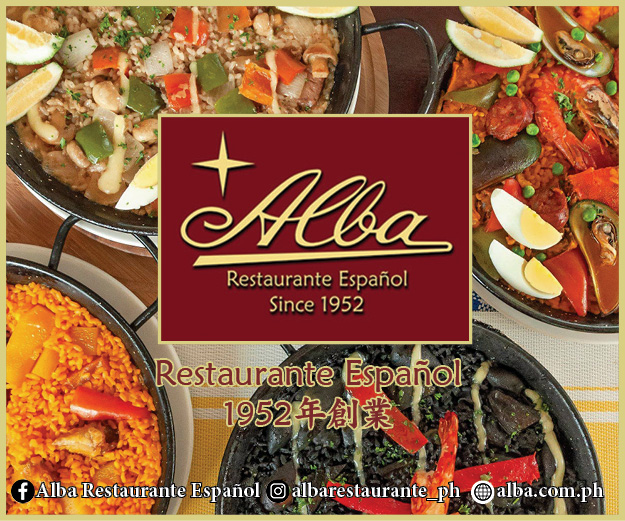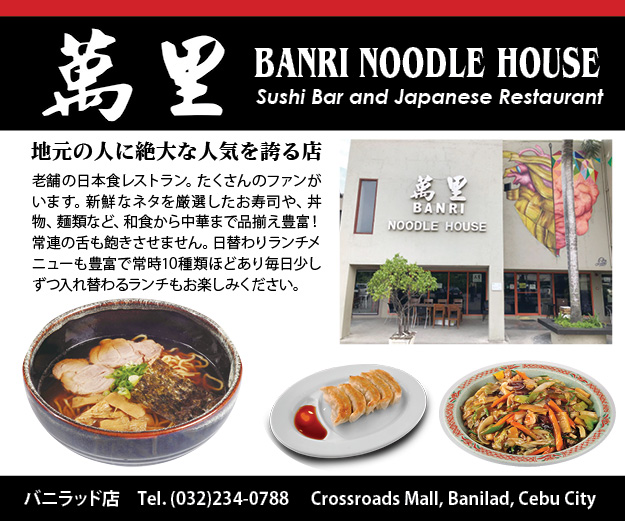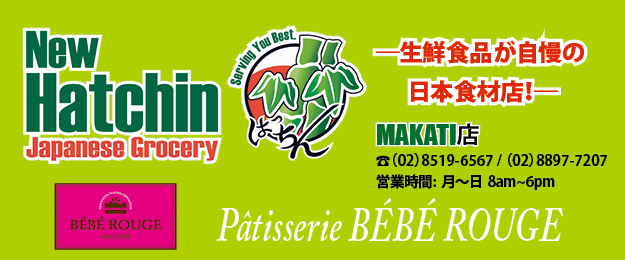Interview with a Coffee and Cafe Expert
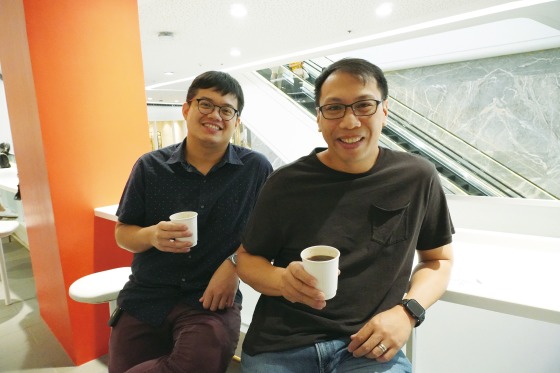
Ronald A. Yu (right) and Aaron Del Poso (left), CEO of Yellow Turtle Coffee at Angkan Coffee, The Podium, Ortigas Center, Mandaluyong City
ロナルド・ユウ さん Ronald A. Yu
フィリピン・コーヒー・ギルド代表。コーヒー好きが高じて2010年からコーヒー業界へ。2019年にフィリピン・コーヒー・ギルドを設立。
「1日だいたい7杯のコーヒーを飲みます。小さな個人経営のカフェをサポートしたいと思っています」
Founding president and executive director of the Philippine Coffee Guild, SCA certified roasting and sensory professional, CQI licensed quality evaluation lecturer
Very much fascinated by coffee, Ronald has been in the Philippine coffee industry since 2010 and co-founded the Philippine Coffee Guild in 2019. “I take in an average of seven cups of coffee per day. I can’t say that I have any favorite cafe in particular since every cafe has a unique character and coffee…..I am sure I support small independent cafes.”
フィリピン産コーヒー
その魅力に憑りつかれた
フィリピンコーヒーならではの味わいと、その原産地についてのストーリーに惹かれます。フィリピン特有の気候、土壌、自然環境はコーヒー栽培に適していて、ほかの産地にはない独特の風味のコーヒーを育みます。味わいは深く複雑にして、薫り高い。それがフィリピンコーヒーの特徴といえるでしょう。フィリピンは、アラビカ、ロブスタ、エクセルサ、リベリカの 4つの主なコーヒーの種類すべての産地でもあります。コーヒーの生産者と加工業者が品質向上に取り組んでいることも、フィリピンコーヒーの魅力を高めています。
コーヒー業界の仲間同様、私はコーヒー好きだったことから、現在こうしてコーヒー産業に関わるようになりました。2009年頃、スーパーで買ったマカダミアコーヒーを家で入れてみたところ、確かにマカダミアナッツの味がしたんです。そのことに感動し、自分でコーヒーを焙煎するようになり、米国からロースターを買ったり、コロンビアやボリビア産のコーヒー生豆を焙煎したりしました。当時はコーヒーについての情報は少なく、ほぼ独学です。コーヒーについて深く知ることになったのは、名産地として知られるベンゲット州アントックに一人旅をしたとき。コーヒー農家に出会い、2時間ほど話す機会があったのですが、私にとっては1週間の滞在に感じるほど濃く充実した時間でした。この体験をきっかけに、コーヒーへの情熱が高まりました。
私には特にこれが好き、と言えるコーヒーはありません。あえて言うなら、正しく焙煎して入れたコーヒー。甘さと苦味のバランスがよく、口当たりがなめらかで、均整がとれたボディとも言えるかもしれません。ミルクなどを足すのは好きじゃなく、飲むのはいつもロングブラックコーヒーで、暑い日はアイスブラックコーヒーです。
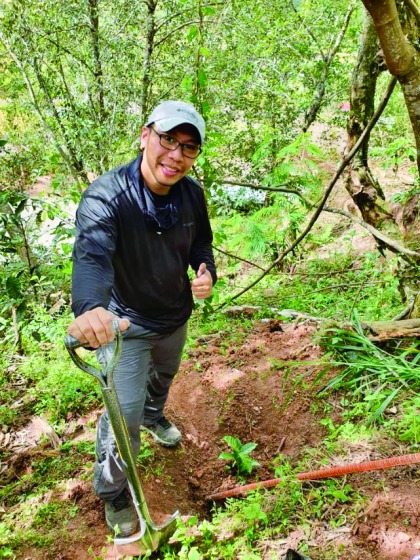
マウンテン州ボントックでのコーヒー農家向け研修会にてコーヒーの木を植樹 。Mr. Ronald Yu planted coffee trees during good agricultural practices and post-harvest training acitivity in Bontoc, Mountain Province.
個人経営のローカルカフェ
コミュニティ空間の役割
フィリピン産コーヒーを楽しめるローカルカフェの特徴の一つは、多くの場合、個人経営者がその地域に暮らすコミュニティーの一員であることです。地域のイベントにも積極的に関わることが多い。また、メニューなども自由にその地域に合った顧客の好みや、そのときの社会状況を反映させます。このようなことは、親会社の意向によって運営される国際的に展開するチェーンでは、難しいでしょう。個人経営のローカルカフェが、独創的でパーソナルな体験を提供する一方、チェーンは合理的で安定したサービスを提供するといえます。
カフェにとって大切なのは、やはり何よりもまず、コーヒーとフードのクオリティーです。そして雰囲気。居心地が良く、受け入れてもらえるような空間であること。一人でくつろいだり、仕事をしたり、仲間と楽しんだり、自分の家にいるような気分になれるカフェがいいですね。そして、ほかのカフェとは何か違う個性を持つことで、多くの人に親しまれるようになるのだと思います。
地元民のコーヒー愛が育てる
多様なマニラのカフェシーン
マニラのコーヒー&カフェ文化は、フィリピンらしさと海外からの影響をミックスさせたような、実に多様性に富んでいると思います。マニラの人たちはコーヒーが大好きで、カフェは日常生活に欠かせないもの。こうした地元の人たちのコーヒーへの愛が、フィリピン産から海外産までさまざまなコーヒーを提供するマニラのカフェ文化をつくっている。コーヒーに、カフェスタイルに、世界のカフェ文化のいいところを取り入れてユニークなカフェシーンをつくり出しているんです。
マニラのカフェは、ただコーヒーを飲む場所ではありません。コミュニティーの空間そのものなんです。社会的地位に関係なく、誰もが友だちや家族と過ごすひと時を楽しめる場所、それがカフェです。
マニラには実に多くのカフェがあります。都会の真ん中にある活気にあふれたカフェ、落ち着いてのんびりした雰囲気のカフェ、いろいろです。友達と楽しみたいとき、一人でゆっくり本を読みたいとき、どんな気分のときにもピッタリのカフェがあるのが、マニラです。
これからもローカルのカフェ、フィリピン産コーヒーを提供するカフェがどんどん増えていってほしい。フィリピンのコーヒー農家には生産量を上げると同時に、より良い品質のコーヒーをつくり、フィリピン産コーヒーの価値を一層高めてほしいと思います。フィリピンのコーヒー農家とビジネス関係者を支援するコミュニティーをつくり、コーヒー産業全体が将来も持続できるようにしていきたいです。
Cafes Play a Significant Role in Manila’s Urban Culture
What Fascinates Me about Philippine Coffee
I can tell that locally grown Philippine coffees offer a unique flavor profile, just to simplify it, we could say, something like complex and aromatic, and origin story that sets them apart from imported coffees and which fascinates me. One of the key benefits of locally grown Philippine coffees is that they are grown in a specific climate and soil, or terroir, which imparts distinct characteristics and flavors—and the country has varying topographical and climatic conditions suitable for coffee, which gives it an advantage over other coffee producing countries. Philippines is also known to produce all four main species of coffee: arabica, robusta, excelsa, and liberica, each with its own unique flavor profiles.
Like most of my industry friends and acquaintances, I started out as just a coffee lover getting my caffeine-fix. My fascination started, maybe in early 2009, when I tried brewing coffee at home using a grocery-bought “macadamia” coffee. It didn’t occur to me then that it was an artificially flavored or infused coffee, but it did taste like macadamia which excited me.
I explored the possibility of roasting my own coffee at home. I ordered from the United States a small oven-like coffee roaster and studied on my own. During that time, learning materials and information about roasting was scarce even online, and I didn’t know of any trainings in Manila. So I roasted the green coffee beans that came with the machine, some labeled “Cup of Excellence” from Colombia and Bolivia.
It was when I traveled solo to Atok in Benguet to look for green coffee beans that I learned deeper about coffee. During that trip, I met the very first coffee farmer that I will be partnering with and supplying me coffee. It was just about two hours of conversation with the farmer, but it felt like a week, learning so much about their challenges and hopes for their livelihood. So I traveled to look for coffee and came home with a passion.
The Charms of Locally Owned Cafes
Most locally owned cafes, which serve Philippine coffee, are independent businesses, owned and operated by individuals who live in the community. They have a personal stake in the well-being of their community, and as a result, are often deeply involved in local events and activities. Locally owned cafes have more freedom to offer unique menu items that reflect the tastes and preferences of their customers, providing a more personalized customer experience. Global franchise cafes often have a more standardized menu, following strict guidelines set by the parent company. The customer experience in global franchise cafes may be more standardized and impersonal, as they follow a corporate model.
The Important Aspects of Cafes
To attract people and keep them coming back, cafes must focus on several important aspects. The quality of coffee and food is crucial. People are always looking for great-tasting coffee and delicious food, and if a cafe can deliver on these, they will have a steady stream of customers.The ambiance of a cafe is another important aspect. It should be comfortable, inviting, and provide a space for people to relax, work, or socialize. Customers should feel at home when they visit a cafe. Having a unique selling proposition, such as offering specialty coffee or unique food items, can also help a cafe attract customers and differentiate itself from other cafes in the area. People love discovering new things, and a cafe with a unique twist can attract a loyal following.
Characters of Cafes in Manila
When it comes to cafes, Manila has a unique character that sets it apart from other places. The coffee culture in Manila is a dynamic blend of local and international influences, creating a vibrant and diverse cafe culture.
In Manila, locals have a deep love for coffee, and cafes are a staple of daily life. This local appreciation of coffee has helped shape the cafe culture in Manila, with many cafes offering a wide range of local and international coffee blends. The cafe scene in Manila is further enriched by international influences, with cafes incorporating elements of international cafe culture to offer a unique and eclectic mix of flavors and styles.
Cafes in Manila are more than just places to drink coffee; they also serve as community spaces. Many cafes in Manila provide a relaxed and welcoming atmosphere, encouraging customers to stay and chat with friends and family. This focus on community helps to create a welcoming and inclusive atmosphere, where people from all walks of life can come together to enjoy a cup of coffee and socialize.
In addition to their social atmosphere, cafes in Manila are also known for their lively and vibrant atmosphere. From bustling cafes in the heart of the city to more laid-back, neighborhood cafes, there is always a buzz of activity in the cafes of Manila. Whether you’re looking for a quiet place to read or a lively spot to catch up with friends, there is a cafe in Manila to suit your needs.
Future of Philippine Coffee and Cafe
It is my wish to see a continued growth in the number of local independent cafes that serves coffees of Philippine origin. Which will in turn further encourage local farmers to increase their production and improve the quality of their coffee, and add more value to their produce. Creating and involving a community that is understanding of the need to support local coffee businesses and farmers is also one that I am hoping to see continuing on. This community will help a lot in ensuring a sustainable future for the industry across the board.









